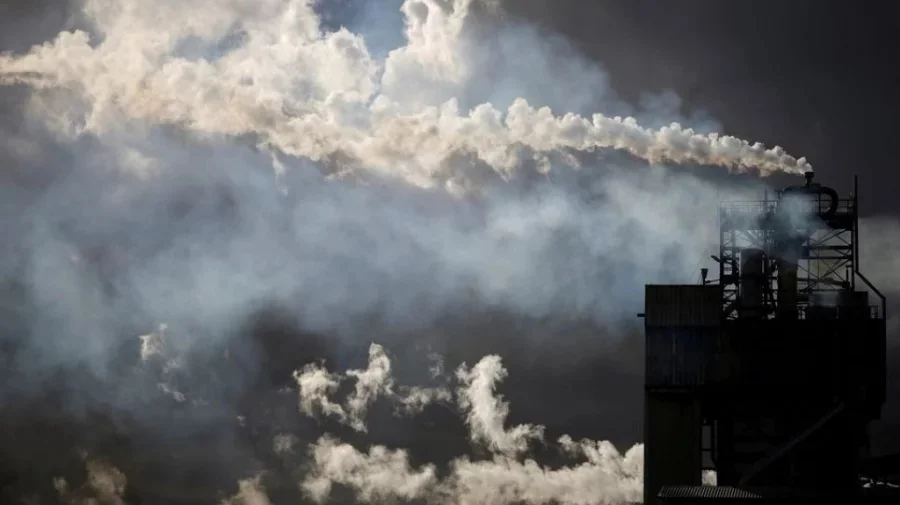Report: World needs $2.7 trillion annually for net zero emissions by 2050
Share on:

Net zero refers to cutting emissions to as close to zero as possible
Global investment of $2.7 trillion a year is needed to achieve net zero emissions by 2050 and avoid temperatures from rising above 1.5 degrees Celsius this century, a report by consultancy Wood Mackenzie said on Thursday.
Scientists have said the world ideally needs to limit the global average temperature rise to 1.5°C this century to avoid catastrophic effects from climate change. Many governments have pledged to reduce emissions to net zero by mid-century to help achieve this.
However, most countries are not on track to even meet emissions targets by 2030, let alone 2050, the report said.
Net zero refers to cutting emissions to as close to zero as possible with any remaining emissions re-absorbed from the atmosphere, by oceans and forests, for example.
Governments' existing emissions cut pledges would fail to stop global temperatures from rising over 1.5°C, and would likely put the world on track to warm by 2.5C by 2050, according to the United Nations.
Wood Mackenzie said to decarbonize the energy sector investment of $1.9 trillion a year is needed, and this must increase by 150% – or $2.7 trillion a year – to limit global warming to 1.5°C. Three-quarters of that investment is needed in the power and infrastructure sectors.
"Achieving 1.5°C is going to be extremely challenging, but it is possible and greatly depends on actions taken this decade,” said Simon Flowers, chairman and chief analyst at Wood Mackenzie.
Renewables such as wind and solar power need to become the world's main source of power supply to support the electrification of transport and production of green hydrogen, the report said.
"Oil and gas still have a role to play as part of a managed transition. There will be a natural depletion as low and zero carbon options develop but supply still needs to be replenished as we move towards net zero," said Prakash Sharma, vice president at Wood Mackenzie, and lead author of the report.
Source: Reuters

